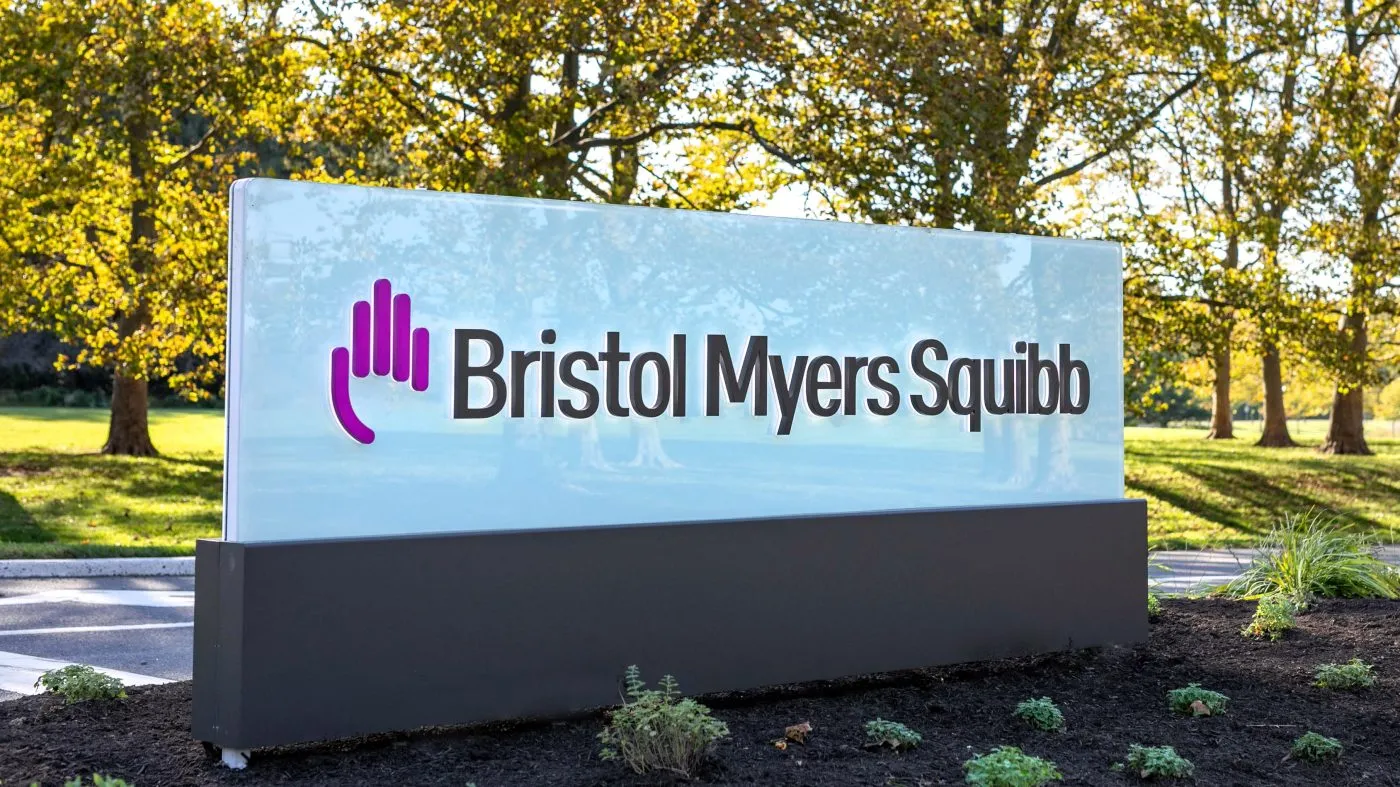On Monday, a federal judge in New Jersey dismissed Johnson & Johnson’s and Bristol Myers Squibb’s legal challenges to the Biden administration’s Medicare drug-price negotiations, ruling that the program is constitutional.
This decision represents another victory for the White House in its ongoing legal battle with several drugmakers over the price negotiations.
The ruling also undermines the pharmaceutical industry’s approach of seeking split decisions from lower courts across the U.S., which could potentially escalate the issue to the Supreme Court.
The Medicare drug-price negotiations are a central feature of President Joe Biden’s Inflation Reduction Act, which aims to make expensive medications more affordable for seniors. This program could also impact drugmakers’ profits.
The final negotiated prices for the first batch of drugs subject to these negotiations, which includes medications from both J&J and Bristol Myers Squibb, will take effect in 2026.
“This is a disappointing ruling for patients and America’s leadership role in medical innovation,” the spokesperson stated.
In their separate lawsuits, the drugmakers contended that the negotiations represent an unconstitutional confiscation of their drugs by the government and a violation of their freedom of speech rights.
They also argued that the negotiations impose an unconstitutional condition for participation in Medicaid and Medicare programs.

However, Judge Zahid Quraishi of the District of New Jersey wrote in a 26-page opinion that participation in the price negotiations and in the Medicare and Medicaid markets is voluntary.
The negotiations do not require drugmakers to “set aside, keep, or otherwise reserve any of their drugs” for government use or Medicare beneficiaries, he explained.
Quraishi further noted that the negotiations do not compel manufacturers to physically transmit or transport drugs at the new negotiated prices.
“Selling to Medicare may be less profitable than it was before the institution of the Program, but that does not make [J&J and Bristol Myers Squibb’s] decision to participate any less voluntary,” Quraishi wrote.
“For the reasons provided, the Court concludes that the Program does not result in a physical taking nor direct appropriation” of medications from the two drugmakers.
J&J, Bristol Myers Squibb, Novo Nordisk, and Novartis presented their oral arguments before Quraishi during the same hearing in March.
In the same month, a federal judge in Delaware dismissed AstraZeneca’s separate lawsuit challenging the negotiations. A third federal judge in Texas also dismissed a separate lawsuit in February.
Additionally, a federal judge in Ohio ruled in September against a preliminary injunction sought by the Chamber of Commerce, one of the largest lobbying groups in the country, which aimed to block the price negotiations before October 1.
